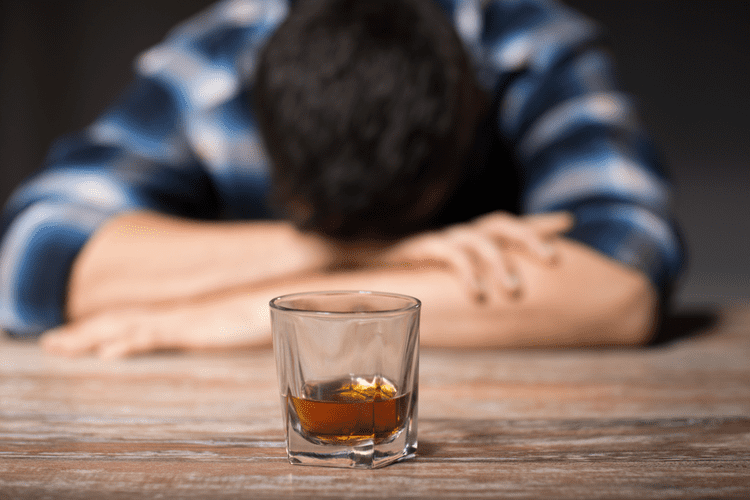Research and clinical experience have identified a number of factors that promote recovery. Another is reorienting the brain circuitry of desire—finding or rediscovering a passion or pursuit that gives meaning to life and furnishes personal goals that are capable of supplanting the desire for drugs. A third is establishing and maintaining a strong sense of connection to others; support helps people stay on track, and it helps retune the neural circuits of desire and goal-pursuit. Learning new coping skills for dealing with unpleasant feelings is another pillar of recovery. Bear in mind that stopping taking drugs is only one part of recovery from addiction. Strategies that help people stay in treatment and follow their recovery plan are essential.
You may have lost touch with old friends and loved ones, and changing your behavior may make it difficult to spend time around people who are still using substances or engaging in certain behaviors. But finding people who support your recovery can be very helpful and may improve your outcomes. Though addiction recovery is challenging, addiction is treatable. With supportive resources and the right treatment approach, you can overcome the physical and mental challenges you face in order to recover. People continue to engage in harmful behaviors despite negative consequences because addiction changes the brain’s reward system, which increases the desire for the substances or experiences.
More in Addiction
Individuals with experience and expertise may find a route to full employment by first being willing to offer their skills pro bono or as a volunteer to businesses or nonprofit organizations in their field. Only 1.0 percent of people receive substance abuse treatment as an inpatient or outpatient at a specialty facility. The single most popular path is the use of peer support groups in the community.

The type of medication a doctor prescribes depends on the type of addiction that is being treated. For example, there are different medications available to treat opioid, nicotine, and alcohol addiction. These advanced practice clinicians support patients through the diagnosis and treatment of a variety drug addiction recovery of conditions. They work closely with doctors and care teams to provide medical services and counseling for mental health, substance misuse, and addiction issues. Counseling can help members with SUD explore the reasons behind their drug or alcohol use and come up with new, healthy coping strategies.
Breaking Down the Stigma of Addiction: A Witness’ Story Through Art
Find Support is an online guide that helps people navigate through common questions when they are at the start of their journey to better behavioral health. In order to get my life back together, I had to be done with tearing myself apart. This is the essence of step one—to accept and admit powerlessness over my addiction and the breadth and depth of the unmanageability it created in my life. Abstinence is instrumental in healing the neurological impacts of addiction. With the aid of neuroplasticity, the human brain has remarkable abilities to heal.

Yes, pets are a responsibility, but caring for an animal makes you feel loved and needed. Yoga and meditation are also excellent ways to bust stress and find balance. Different quick stress relief strategies work better for some people than others. When couples want to renew their love for each other and ask for my guidance, I help them explore how they lost each other so that they will never allow for those behaviors again. There’s something about hearing from experts that makes things clearer, and somehow even comforting.
Ongoing treatment
Once a person becomes sober, other conditions and issues may become apparent. People often turn to alcohol or drugs to help them cope with anxiety, https://ecosoberhouse.com/ depression, abuse, and other problems. While in treatment for alcohol addiction, people can get help with other conditions and problems, as well.
- “If you have a 23-year-old coming for the fifth time overdosing in an emergency room, it’s very normalized. As a medical society, we still don’t have the same urgency and acuity around this illness.”
- Be upfront about your history of drug use when seeking medical treatment.
- Counseling may also involve family members to develop a deeper understanding of substance use disorder and improve overall family functioning.
- The National Recovery Month webpage provides a host of resources that can be used to help promote the observance.
- Recovering from SUD is possible, but it takes time, patience, and empathy.
The endpoint is voluntary control over use and reintegration into the roles and responsibilities of society. Shortly after substance use is stopped, people may experience withdrawal, the onset of unpleasant physical and psychological symptoms —from irritability to shakiness to nausea; delirium and seizures in severe cases. Because addiction can affect so many aspects of a person’s life, treatment should address the needs of the whole person to be successful. Counselors may select from a menu of services that meet the specific medical, mental, social, occupational, family, and legal needs of their patients to help in their recovery.




